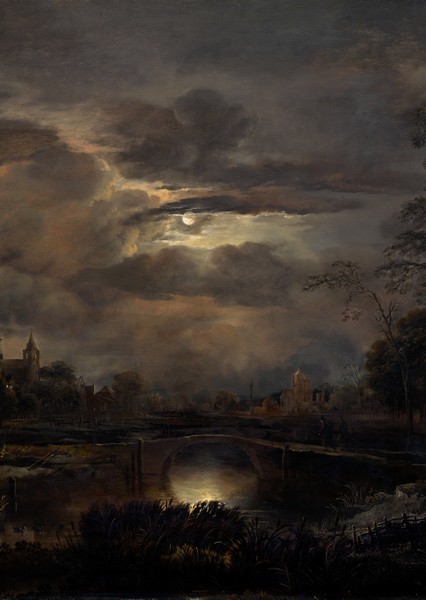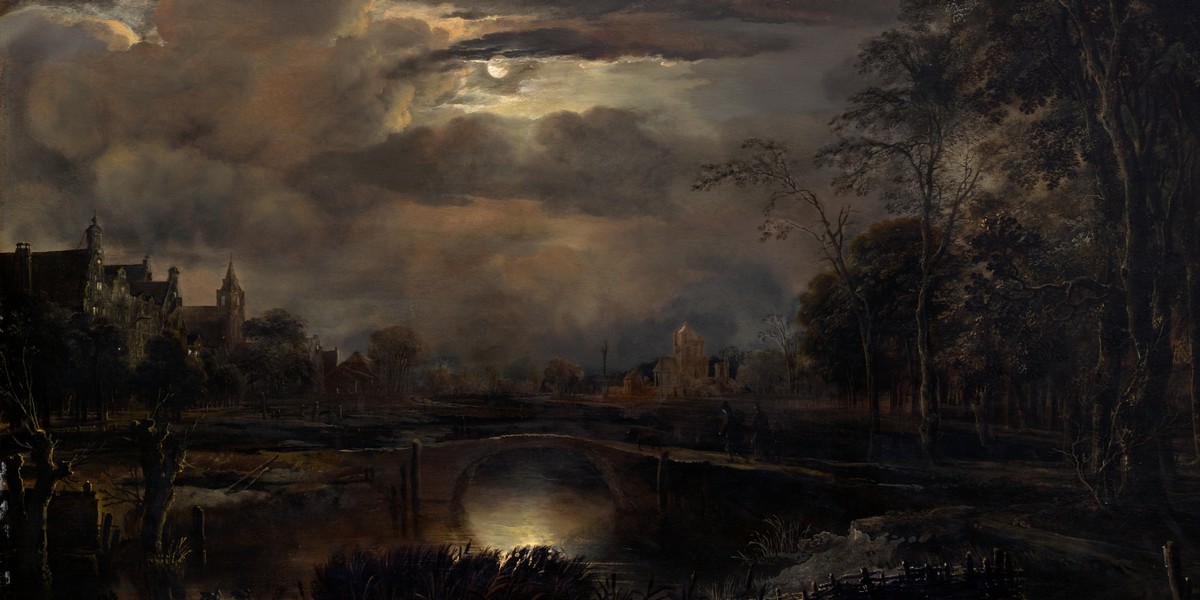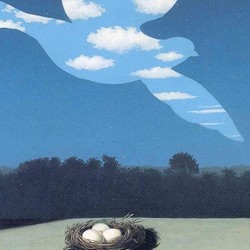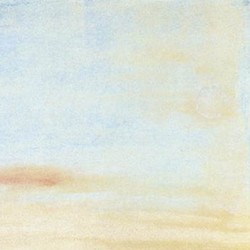
I've been listening to a Lied more often than it would be reasonable these days. The usual readers know that one way to get out of my head that kind of earworms is by sharing them with you; I already shared this song years ago, but since it was just as a musical illustration and without much explanation, I gave me the all clear to talk about Abendempfindung, the most original Lied by Mozart, the best known (ok, ex-equo with Das Veilchen) and, in my view, the best. Mozart wrote it on 24 June 1787, the same day as An Chloe and a few weeks after a Lied we heard a while ago, Lied der Trennung. To give it a wider context, that spring he had written two amazing quintets for strings, the KV 515 and KV 516, and in October it would be premiered, talking about amazing works, Don Giovanni.
The author of the poem is Joachim Henrich Campe, born in Saxony ten years before Mozart (i.e. 1746). He was one of the most important figures of the Enlightenment in Germany; as a pedagogue, he developed a teaching method that he applied in several schools; as a writer, he wrote the first works intended for children and young people; as a linguist, he published a dictionary of German that included thousands of new translations of foreign terms, of which a few hundred are still in use. And as a poet... Poetry must have been a very secondary activity, because there aren't many references to it, only occasionally mentions to Abendempfindung. We know he was friends with Klopstock and Claudius, and a quick reading of the poem is enough to link it to the Empfindsamkeit (Sentimentalism), the literary movement they belong to. We spoke about Sentimentalism some time ago in this post; to refresh the idea, I'll quote the definition given by a German dictionary published in 1776: "the tendency to be lightly affected by mild feelings." That is, in the middle of Enlightenment, the time of light and reason, an open door to the expression of feelings, always in a restrained way, in order to cause nothing more than a slight emotion.
Abendempfindung ("Evening sensations") tells the reflections of the poetic voice on death, while contemplating a sunset; this scene would eventually become a classic of poetry and song repertoire. The sun declines and dies, and the poet has the feeling that his death would also arrive soon; he appreciates the tears that friends will shed, while wishing that she, his beloved, will also dedicate a flower, a tear and a moved sight to him. The poem has six stanzas of regular metric that may have inspired a strophic Lied to Mozart, but the composer opted for an unusual formula at the time, a durchkomponiert song: the vocal line modifies as the thoughts of the poet advance, always maintaining the poem's restrained feelings, while the piano often repeats a motif that gives the piece musical unity.
I will try to tell you the different parts of the song on the poem, in case you want to follow them while listening. The first two verses, which describe the scene, are the first part: the sun has set and the moon shines. The second part, the next two verses, compares the passage of life with the evening, and the third (two more verses) speaks of unavoidable death; note that the vocal line is very similar in both parts, as the texts are. The fourth part tells us about the tears of his friends, the next two verses; the character of the song changes and the vocal line turns wider; it's an absolute beauty! The fifth part, which begins the third stanza, is the premonition of his own death, almost declaimed, while in the sixth, the next two verses, the melody turns again wider when talking about the land of rest ("das Land der Ruh").
Thus, in the first three stanzas, each part I have marked (which, from a strictly musical point of view, would vary slightly) corresponds to two verses; from now on, each of the last three stanzas matches with a part. The seventh refers again to friendship, again with a very lyrical vocal line. The eighth one refers to the beloved; the poet no longer refers to "ihr" but to "du", and does so with tenderness, almost cuddling; here the repetitions begin, which emphasize the feelings of the poet. In particular, Mozart repeats twice the last verse of this stanza. Finally, the ninth part repeats and develops the melody of the first one, introducing several repetitions of the last two verses, especially the tears that will be the most beautiful pearls ("die schönste Perle"); the word "schönste" is repeated sis times!
This ending makes us consider whether the song, that began as a meditation, ends as a love song; or maybe not, and it only reflects Mozart's idea of death: the happy conclusion of a full life. I would say this song stands out not only from the composer's songs, but from the repertoire; I hope that you like this gorgeous song as much as I like it, especially when performed by Katharina Konradi and Daniel Heide, the versions I listened over and over the last few days.
Abend ist's, die Sonne ist verschwunden,
Und der Mond strahlt Silberglanz;
So entfliehn des Lebens schönste Stunden,
Fliehn vorüber wie im Tanz.
Bald entflieht des Lebens bunte Szene,
Und der Vorhang rollt herab;
Aus ist unser Spiel, des Freundes Träne
Fließet schon auf unser Grab.
Bald vielleicht (mir weht, wie Westwind leise,
Eine stille Ahnung zu),
Schließ ich dieses Lebens Pilgerreise,
Fliege in das Land der Ruh.
Werdet ihr dann an meinem Grabe weinen,
Trauernd meine Asche sehn,
Dann, o Freunde, will ich euch erscheinen
Und will himmelauf euch wehn.
Schenk auch du ein Tränchen mir und pflücke
Mir ein Veilchen auf mein Grab,
Und mit deinem seelenvollen Blicke
Sieh dann sanft auf mich herab.
Weih mir eine Träne, und ach! schäme
dich nur nicht, sie mir zu weihn;
Oh, sie wird in meinem Diademe
Dann die schönste Perle sein!
Evening it is; the sun has vanished,
And the moon streams with silver rays;
Thus flee Life's fairest hours,
Flying away as if in a dance.
Soon away will fly Life's colorful scenes,
And the curtain will come rolling down;
Done is our play, the tears of a friend
Flow already over our grave.
Soon, perhaps (the thought gently arrives like the west wind -
A quiet foreboding)
I will part from life's pilgrimage,
And fly to the land of rest.
If you will then weep over my grave,
Gaze mournfully upon my ashes,
Then, o Friends, I will appear
And waft you all heavenward.
And You, bestow also a little tear on me, and pluck
Me a violet for my grave,
And with your soulful gaze,
Look then gently down on me.
Consecrate a tear for me, and ah!
Do not be ashamed to cry;
Those tears will be in my diadem
then: the fairest pearls!


















Comments powered by CComment